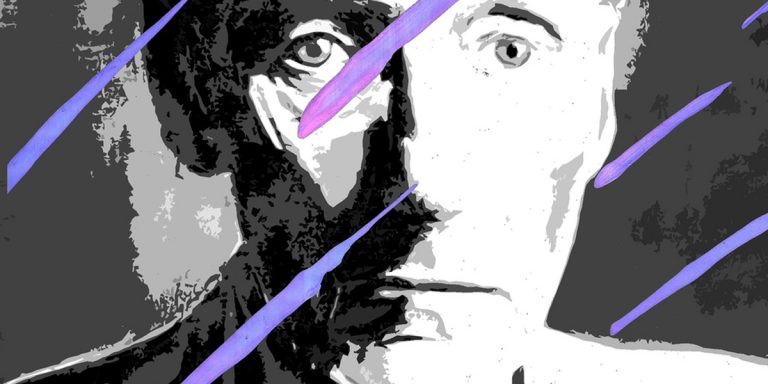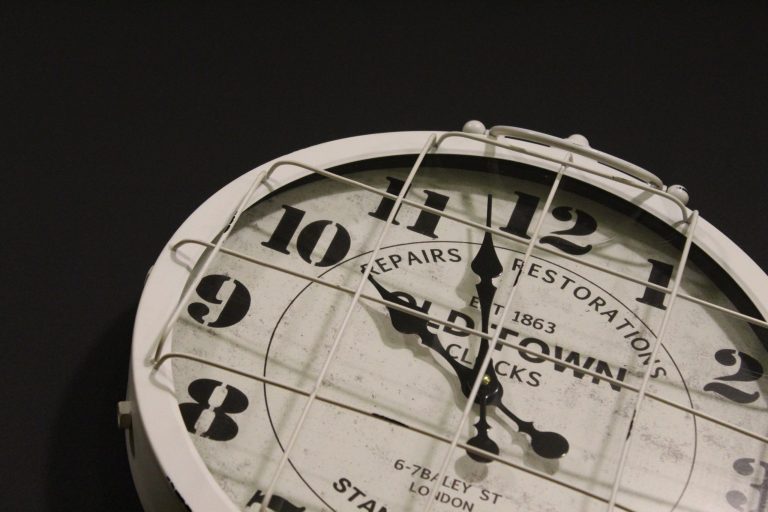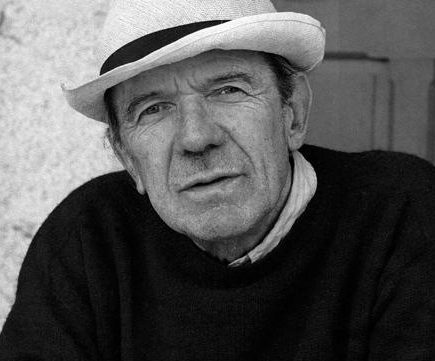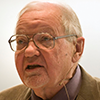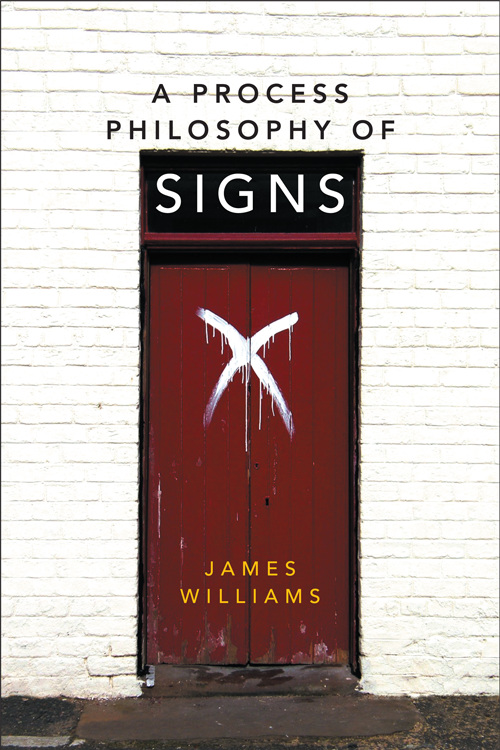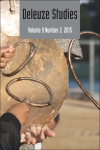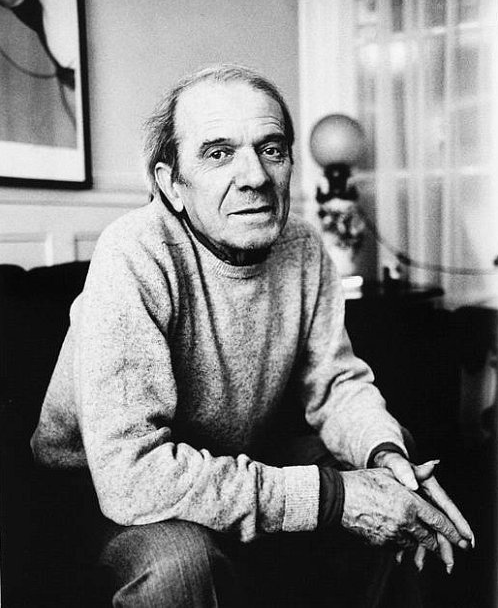
-
We’re going all in for the National Year of Reading
Read more: We’re going all in for the National Year of ReadingReading is important on so many levels. At Edinburgh University Press it is our mission to connect people and ideas. We do that by making field- defining research available across our journal and book publishing.



